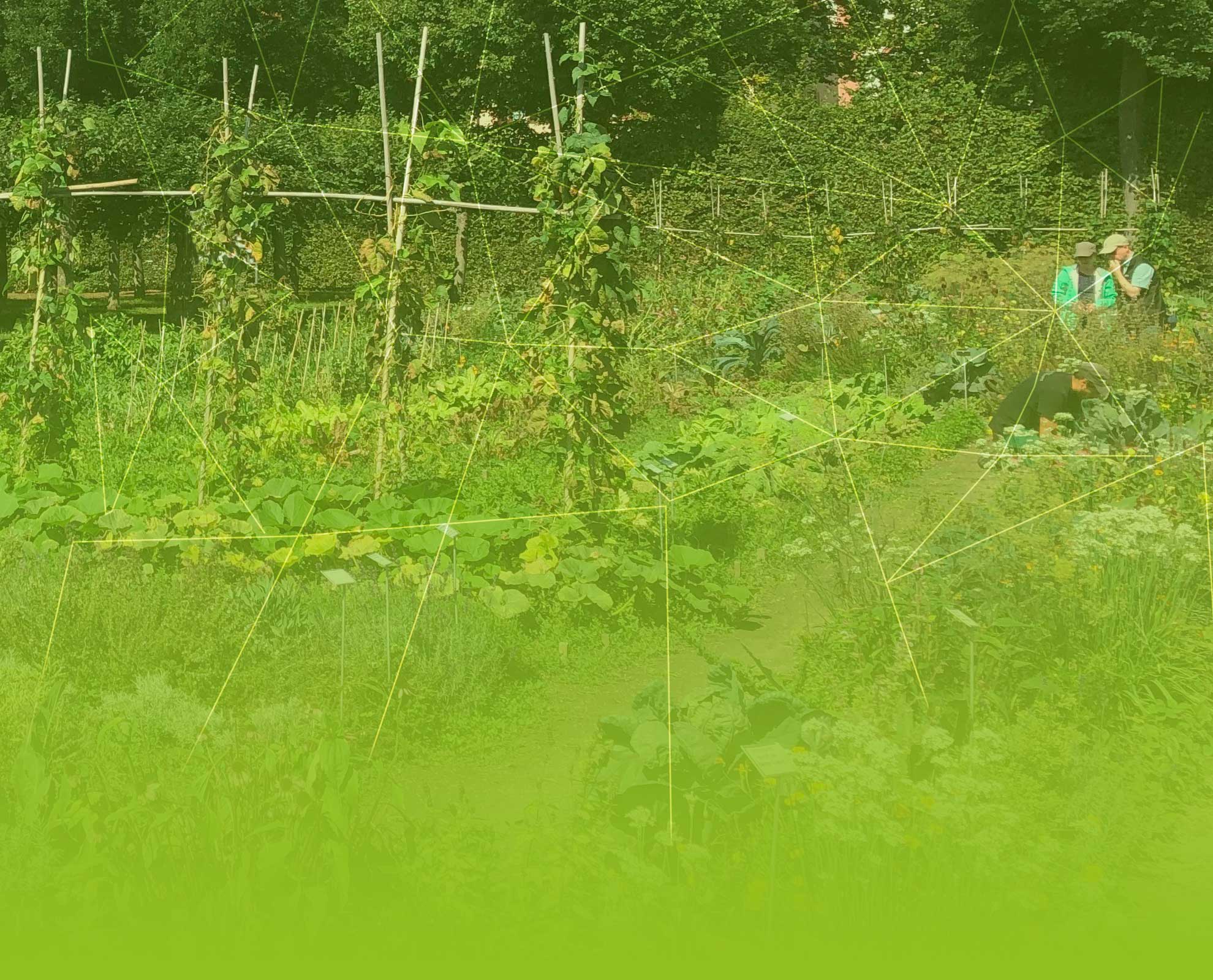Vocational education and training for sustainable development promotes competency in sustainable living and economic activities in order to preserve the natural basis of life for future generations. This requires bringing economic, social and ecological responsibility together in a harmonious way.
What can we do at the work bench, in the office or behind the counter in order to promote sustainable development? Which professional skills are necessary for a more sustainability-oriented work model? And what does a place of learning that facilitates these kinds of changes look like?
Twelve pilot projects were launched in the summer of 2016 with the goal of structurally embedding sustainability in vocational education and training. They are part of the “Vocational education and training for sustainable development 2015-2019” key development area, which the Federal Institute for Vocational Education and Training supports with approximately 6 million Euros on behalf of the Federal Ministry of Education and Research.
All together, 27 affiliated partners coordinate to implement the 12 projects. Even before the beginning of the project, 50 field partners – businesses, firms, educational institutions, training associations, inter-company vocational training centres – were brought together to begin work.
One of the focal points is commercial professions that require a strong educational background, for example retail management assistants, wholesale and foreign traders as well as businesspeople in shipping and logistics services. This will contribute to closing a gap left by earlier projects, which have more often dealt with technical or construction-related professions and less with sustainability in economic management. The goal of the new pilot program is to continue developing professional skills for this economic sector with an orientation toward sustainability. Curriculum concepts, digital teaching and educational materials and examination tasks for trainings and professional development are to be developed by 2019. Preparation for the exercises will include educators participating in specialised trainings that result in a certificate from the Chambers of Industry and Commerce.
Six projects address the design of sustainable places of learning, which focus on training companies, but also include intercompany vocational training centres and vocational schools. Through organisational and staff development, sustainability in education and work practice can be concretely experienced and designed on-site by the trainees. A single indicator system for sustainable places of learning will be developed to function across all the various projects. This indicator system will describe what a sustainable place of learning is and what differentiates it from a non-sustainable place of learning and how possible challenges can be dealt with.
As a result of the funding programme, various materials for supporting sound educational practice will be available: Alongside recommendations for the design of the training and didactic guidelines, profession-specific handouts, teaching and educational materials in various media forms and checklists will also be provided.
Further information about the funding priority “Vocational education and training for sustainable development 2015-2019” can be found here: www.bibb.de/mv-bbne




